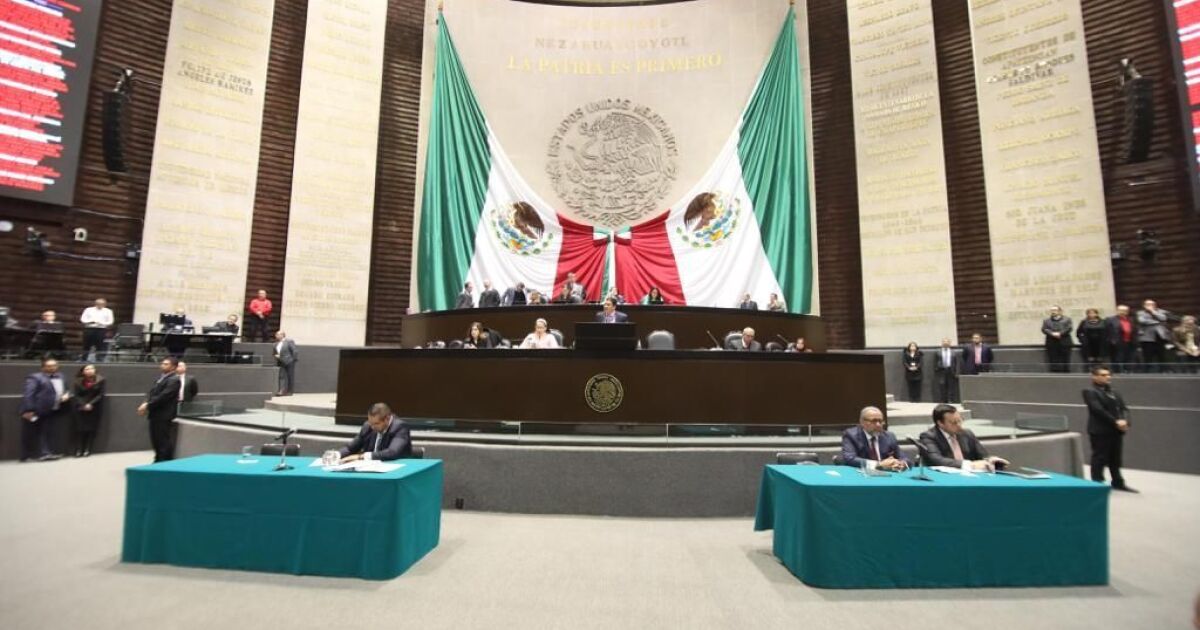This project, which seeks to modify various articles of the Constitution and which will be discussed in August, establishes that the Federal Institute of Telecommunications (IFT) will disappear, so its functions will be transferred to the Secretariat of Infrastructure, Communication and Transport.
It also disappears Federal Economic Competition Commission (Cofece) and its actions, such as guaranteeing free competition and concurrence in the markets, to move to the Ministry of Economy.
In addition, it modifies article 28 of the Constitution to extinguish regulatory bodies in energy matters, such as the National Hydrocarbons Commission (CNH) and the Energy Regulatory Commission (CRE)According to the project, the Energy Secretariat is to be given the authority to carry out technical and economic regulation and the power to impose sanctions in energy and hydrocarbon matters.
Another organism that is disappearing is the National Institute for Transparency, Access to Information and Protection of Personal Data (INAI). Its functions of access to information and protection of personal data are transferred to the Secretariat of Public Administration, the oversight body of the Judiciary and the comptroller’s offices of the Congress of the Union. This is intended to be replicated at the state level.
Also, the National Council for the Evaluation of Social Development Policy (Coneval) and its functions such as measuring poverty and evaluating social programs, which will be in the hands of the National Institute of Statistics and Geography (INEGI).
The draft opinion that will be discussed in the Committee on Points justifies these modifications by pointing out that the autonomous constitutional bodies lack democratic legitimacy, “since they were created in response to the sale of parastatals and to the recommendations of international organizations to “decentralize” the Federal Public Administration (APF).”
He points out that these organizations have not been consolidated as technical and impartial entities, but rather “have guaranteed private interests, since in several cases the objective of the organizations was to co-opt academic, political, economic and social representation centers.”
It mentions that from 2018 to 2024, 32.3 million pesos have been allocated to these autonomous organizations – which have legal personality and their own assets – which, according to the project, are equivalent to 5 million bi-monthly pensions for senior citizens.

















